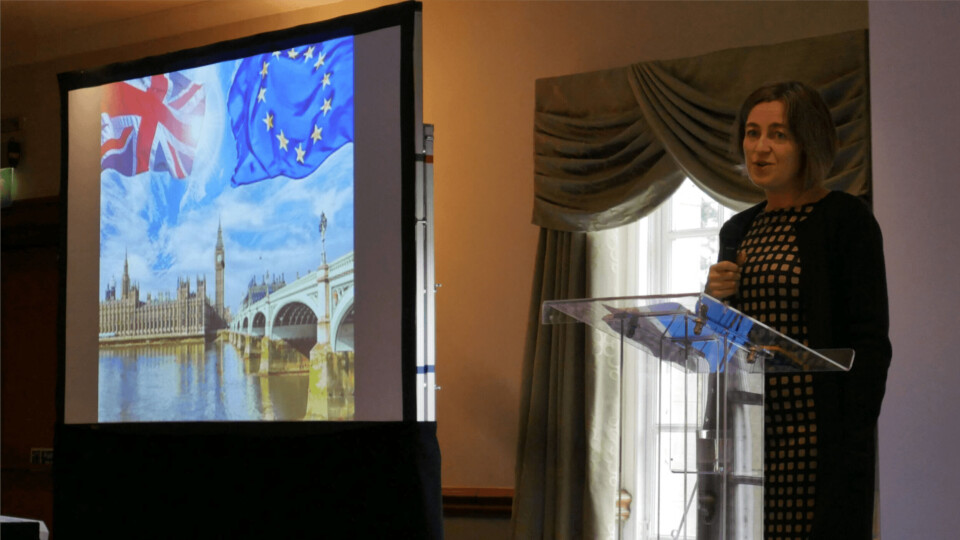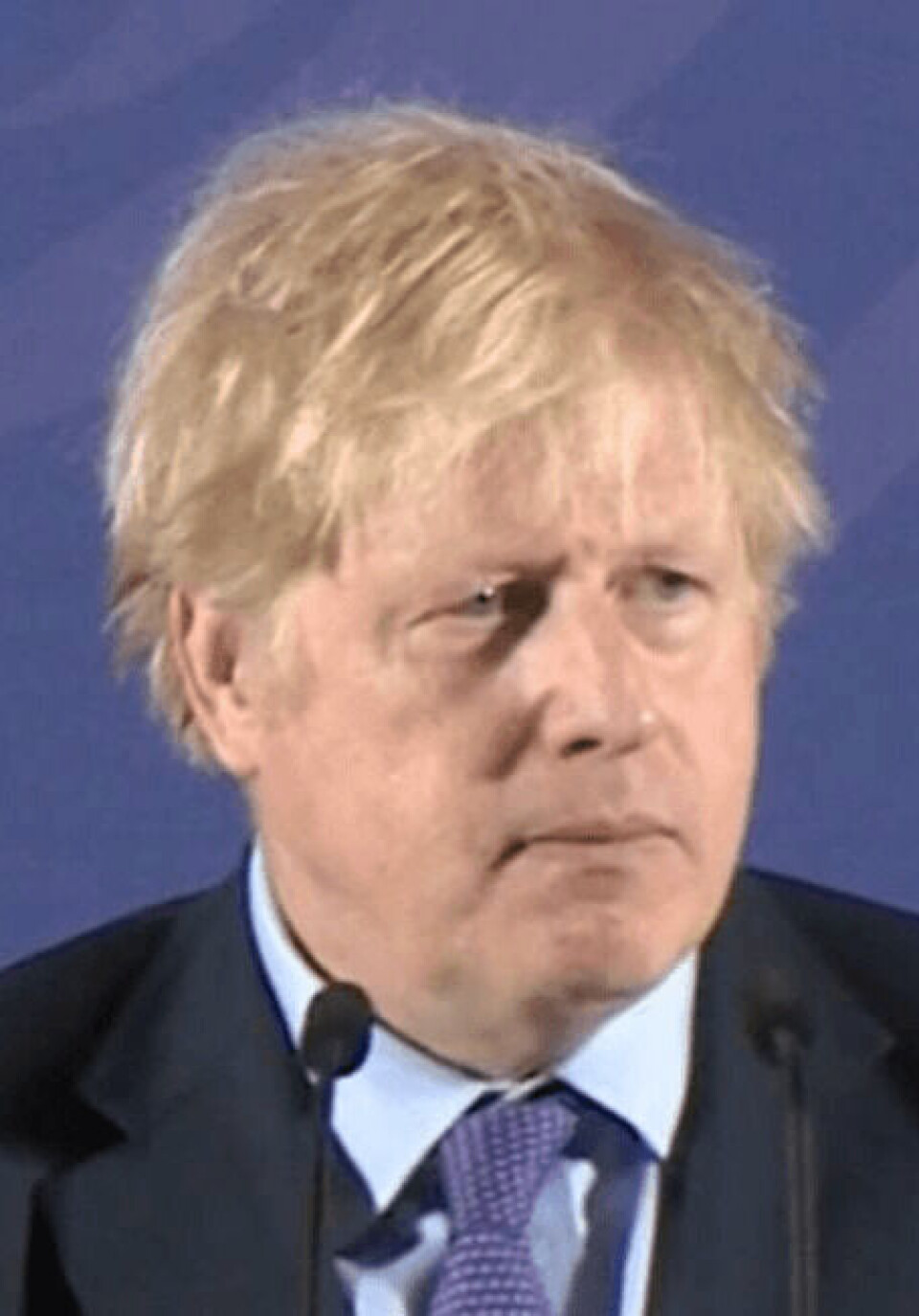
Scottish salmon industry urges EU alignment to avoid 'unnecessary burdens'
Scotland’s salmon farmers have warned that the Brexit deal being pursued by the UK government is likely to place “huge unnecessary burdens” on the sector and could add as much as £8.7 million a year in export certificate costs.
In a statement, the Scottish Salmon Producers’ Organisation (SSPO), which represents all of the salmon farming companies operating in Scotland, explained salmon exports to the EU do not need Export Health Certificates (EHCs) at the moment because of free movement of goods within the EU.
But it now appears inevitable that these exports will need EHCs after the end of this year, when the transition phase is over, because of the Westminster government’s decision not to align with EU regulations.
Dispatch delays
The cost of this for Scottish farmed salmon will be between £1.3m and £8.7m per year depending on the amount charged by councils for each EHC and the number of EHCs required per lorry load.
It could mean the processing and signing of an extra 50,000 to 100,000 EHCs every year, each of which must be signed by an environmental health officer or a vet.
This will require extra staff at the main haulage distribution hub, the DFDS base at Larkhall in South Lanarkshire, and delays in the dispatch of salmon to the continent.
Perishable product
SSPO chief executive Julie Hesketh-Laird said: “We now send more than £190 million worth of salmon to France, a third of our total exports. Once in the main French markets, the salmon can then be dispatched to almost anywhere in the EU.
“We deal in a perishable product, so it is crucial for the thousands of loyal customers we have in the EU that we get our fresh fish to key markets as quickly and smoothly as possible.
“The addition of an Export Health Certificate for every order of salmon to the EU would place huge unnecessary financial and bureaucratic burdens on our sector – potentially undermining one of the UK’s biggest modern export success stories.
“About 300 salmon orders are dispatched to the EU every day by road and through the Channel Tunnel. If each one – or even each lorry load – had to have an extra certificate, signed by a vet or an environmental health officer, it would not only add delays and cost to Scottish Salmon exports, it would give our international competitors an advantage they would be unlikely to pass up.
Appeal to UK ministers
“We are appealing to the UK government to make this a priority in negotiations with the EU.
“We want both sides to commit to allow seafood trade to the EU to continue as it now, without the imposition of any new tariff or non-tariff barriers and we want UK ministers to call for this in negotiations.”
The SSPO is asking the UK government to:
- Stay aligned with the EU on seafood exports after the end of the transition period so no EHCs will be needed.
- Make the transport of seafood to the EU without EHCs a key condition in negotiations over the future trading arrangement between the UK and the EU.
- Accelerate the process, already started by the UK Animal and Plant Health Agency, to digitalise the EHC process, making it swifter and simpler.
- Negotiate for the continued tariff-free access to the EU for Scottish salmon after the end of the transition period.

The industry’s requests run counter to the current position of UK prime minister Boris Johnson, who last Monday said that he saw no need for UK regulations to align with those of Europe following Brexit.
That drew an immediate warning from the Food and Drink Federation, which represents the UK’s food and drink producers. The FDF said: “The EU market is the largest source of UK food imports and the largest destination for UK food exports. This fact is driven by geography, shelf-life and customer tastes. Introducing friction into those supply chains will have implications for our largest manufacturing sector and for all food and drink consumers.”
Common-sense approach
It urged UK and EU negotiators to take a common-sense approach to recognising equivalent food standards, so they do not inadvertently raise barriers to trade.
Seafood processors have also added their voices to the call for compromise.
Scottish Seafood Association chief executive Jimmy Buchan said ministers taking part in trade deal negotiations with the EU should “balance the needs of the processing sector for continued unfettered access to EU markets with the expectations of the catching sector”.
Dependent on migrants
The SSA also wants rules allowing migrants to come and work in Scotland relaxed, and has pointed out that it is dependent upon migrant workers from other European Economic Area countries, which make up 48% of the workforce as a whole and 70% in the North East of Scotland.
Employee-owned processor Aquascot told Fish Farming Expert that finding good workers is likely to be more difficult now that the UK has left the EU.























































